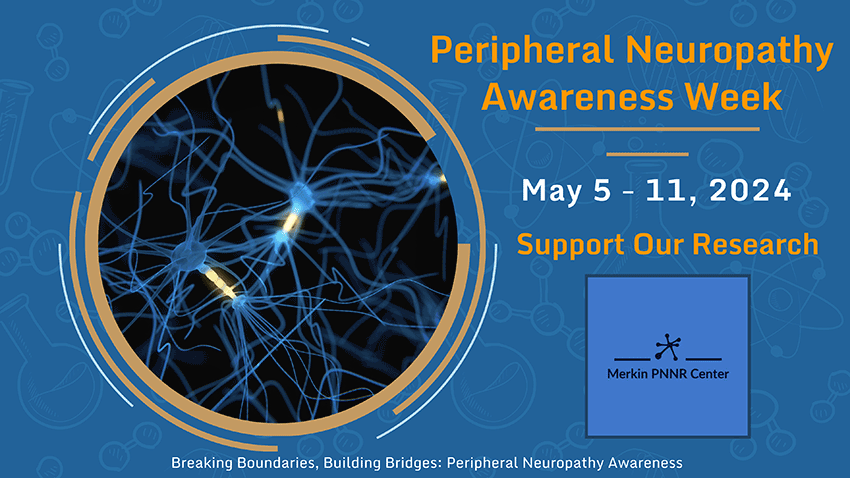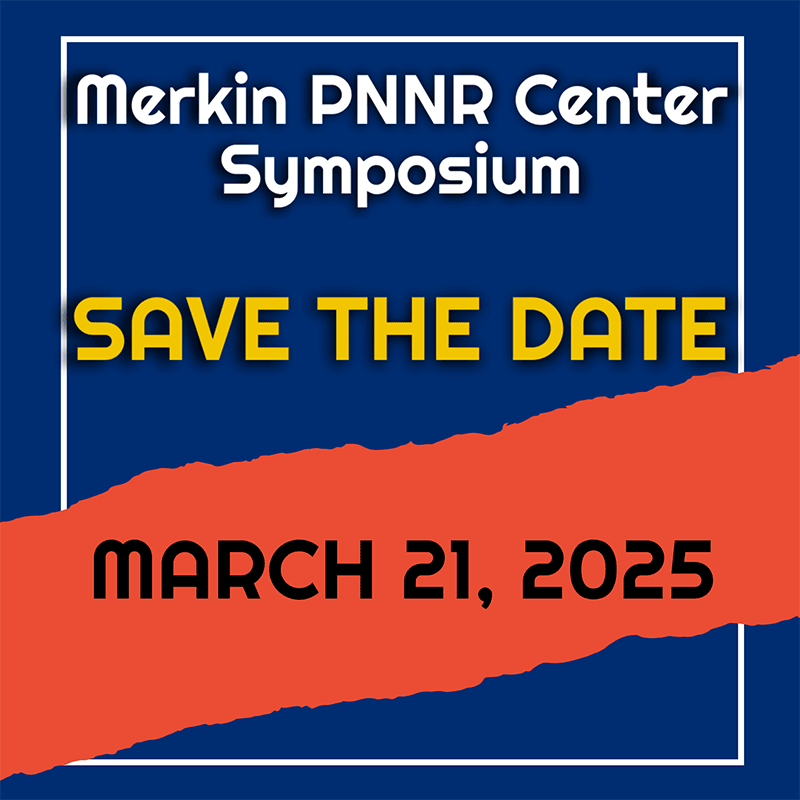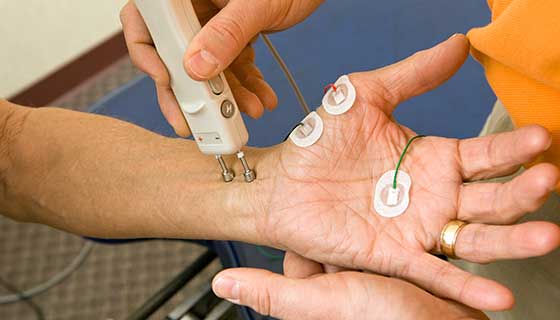Peripheral neuropathies (often painful damage or disruption of the peripheral nerve function) affect millions of Americans, but sadly, most have no effective treatments. The Johns Hopkins Merkin Peripheral Neuropathy and Nerve Regeneration Center hopes to change that. Our goal is to advance peripheral neuropathy research, deepen our understanding of these conditions and their causes and develop viable therapies.
Apply for a Grant
If you are a Johns Hopkins researcher (junior faculty or senior post-doctoral fellow) committed to enhancing the science behind peripheral neuropathy and nerve regeneration, we encourage you to submit a grant application. The submission period for seed grants has ended, but we are still accepting micro-grant applications from Johns Hopkins investigators.
Micro Grants (up to $20K, maximum 6 months): Applications will be accepted on a rolling basis through 7/2/24. Download instructions for internal applicants. (MS Word)
How We Plan to Advance Peripheral Neuropathy Research
It is people — brilliant scientists — who make notable medical discoveries. Our center will use the Johns Hopkins expertise and resources, combined with the generous gift from the Merkin Family Foundation, to bring together these individuals and teams in a collaborative setting. To achieve this, we will:
Create a Global Research Network
By providing seed funding, support and expertise to investigators worldwide, we can help advance many innovative projects.
Foster Collaboration
By organizing forums and events, we hope to promote open exchange of tools and ideas between researchers, which sparks innovation.
Develop Talent
Through mentorship and a collaborative environment, we aim to encourage out-of-the-box approaches and create a research community with a diverse body of knowledge.
Focus on Better Diagnostics and Treatments
By supporting the full pathway from investigating the causes, to drug discovery, animal models and clinical trials, we aim to translate basic research into patient-ready therapies.
Establish a Scientific Advisory Board
Comprised of external experts in related disciplines, the board will set annual goals, review data and provide perspectives and guidance on research productivity and timeliness.
Aggregate and Share Data
Through the use of computer algorithms, investigators will be able to better characterize disease, identify subtypes, determine patterns and build shared resources, such as a patient registry for genotyping and biomarker studies.



